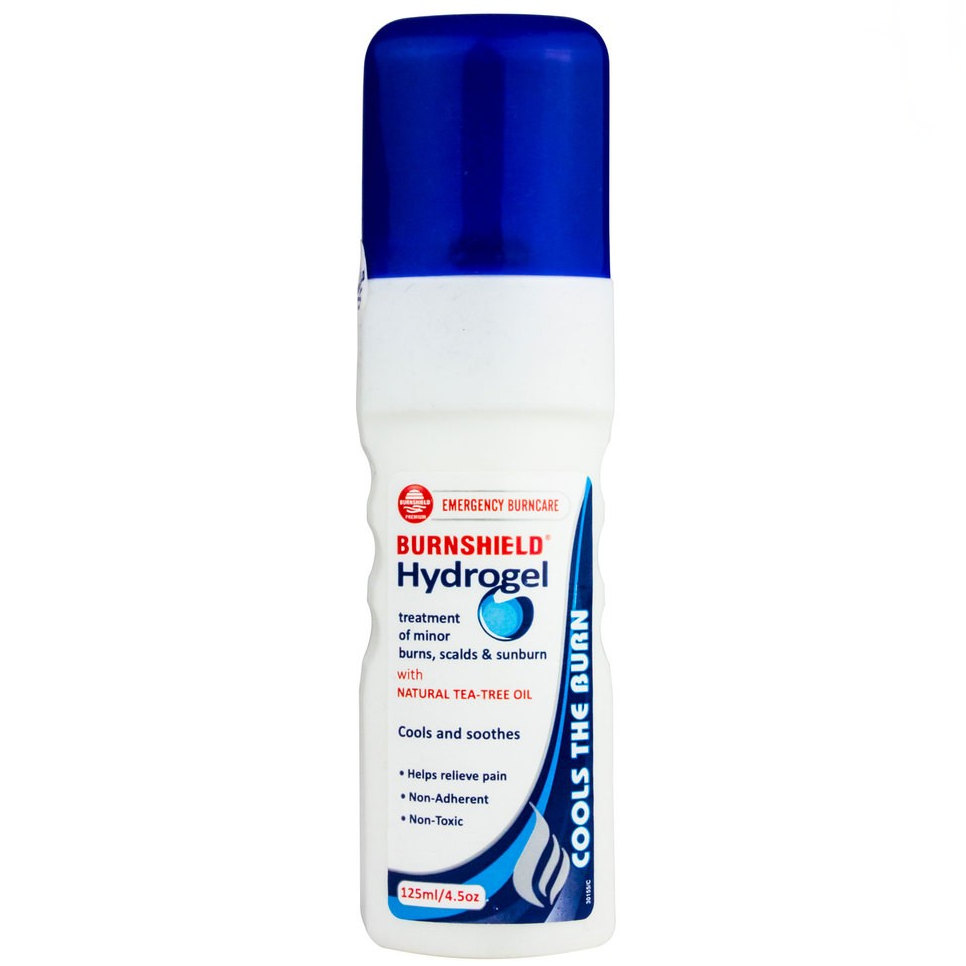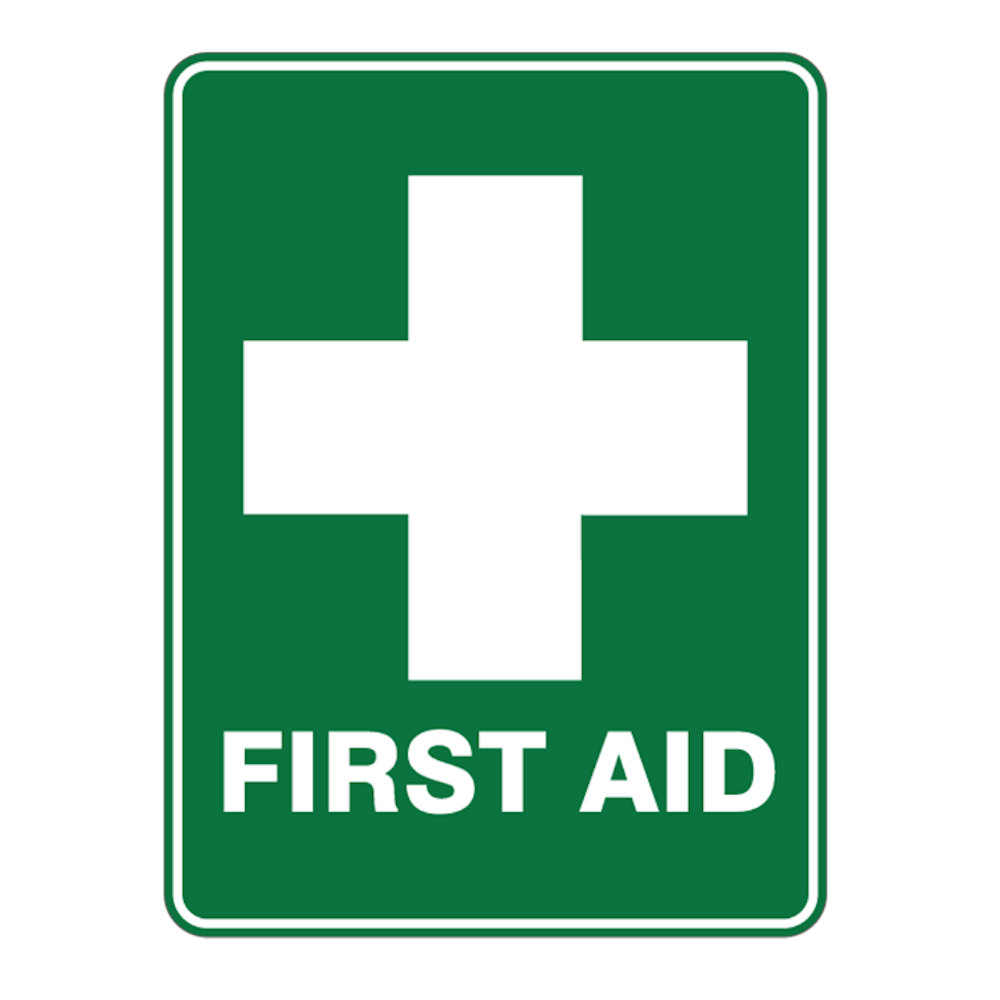The Role of a First Aider
24
Jul
First aid is the help given to someone who is injured or ill, to keep them safe until they can get more advanced medical treatment by seeing a doctor, health professional or go to hospital.
The role of a first aider is to give someone this help, while making sure that they and anyone else involved are safe and that they don’t make the situation worse.
If you think someone needs your help, these are the seven things you need to do as a first aider:
1. Assess the situation quickly and calmly:
- Safety: Are you or they in any danger? Is it safe for you to go up to them?
- Scene: What caused the accident or situation? How many casualties are there?
- Situation: What’s happened? How many people are involved and how old are they? What do you think the main injuries could be?
2. Protect yourself and them from any danger:
- Always protect yourself first - never put yourself at risk
- Only move them to safety if leaving them would cause them more harm
- If you can’t make an area safe, call 999/112 for emergency help
3. Prevent infection between you and them:
- Wash your hands or use alcohol gel
- Wear disposable gloves
- Don’t touch an open wound without gloves on
- Don’t breathe, cough or sneeze over a wound or a casualty
4. Comfort and reassure:
- Stay calm and take charge of the situation
- Introduce yourself to them to help gain their trust
- Explain what’s happening and why
- Say what you’re going to do before you do it
5. Assess the casualty:
- If there’s more than one casualty, help those with life-threatening conditions first
- Start with the Primary Survey and deal with any life-threatening conditions
- Then, if you’ve dealt with these successfully, move on to the Secondary Survey
6. Give first aid treatment:
- Prioritise the most life-threatening conditions
- Then move on to less serious ones
- Get help from others if possible
7. Arrange for the right kind of help:
- Call 999/112 for an ambulance if you think it’s serious
- Take or send them to hospital if it’s a serious condition but is unlikely to get worse
- Suggest they see their doctor if they’re concerned about a less serious condition
- Advise them to go home to rest, but to seek help if they feel worse
- Stay with them until you can leave them in the right care.



